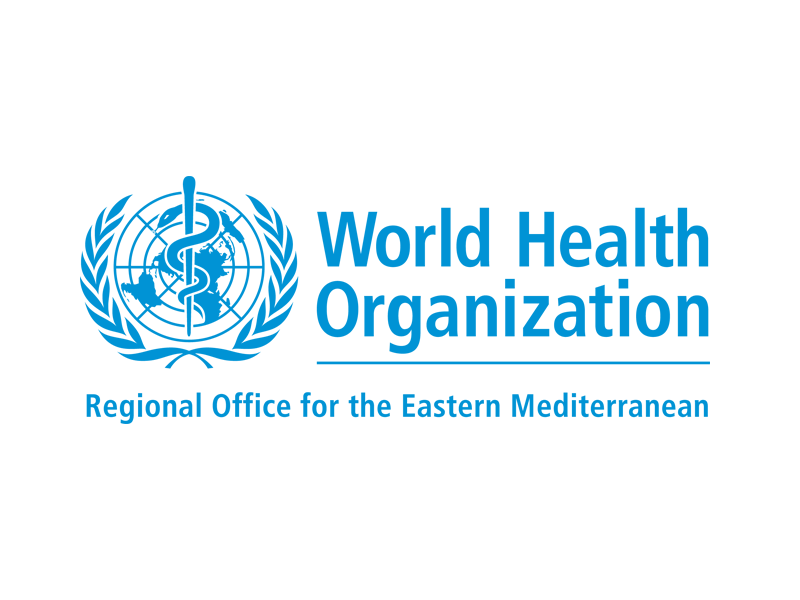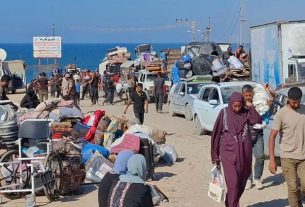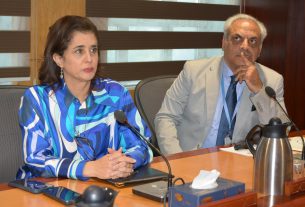8 March 2024 – A call to invest in women’s and girls’ health, well-being, and empowerment in all areas of life goes out today, on International Women’s Day 2024. The WHO Regional Office for the Eastern Mediterranean joins the world in marking the global day, this year themed “Invest in women: Accelerate progress”.
This call is crucial in the WHO Eastern Mediterranean Region, where women are affected by the impacts of multiple emergencies and crises, both human-made and natural in origin. This is on top of the various socioeconomic inequities and environmental, health system, social and behavioural determinants that usually affect women’s health.
The Region is home to very diverse settings, which is reflected in women’s health outcomes. Maternal mortality ranges from 7 deaths per 100 000 live births to more than 600 deaths per 100 000 live births. Prevalence of anaemia among girls and women of reproductive age (15–49 years) also varies hugely across countries and territories of the Region, from 23% to more than 60%.
Life expectancy for women – a proxy indicator for women’s health – which has been severely affected by the many crises in the Region, ranges from 57 to 82 years by country or territory: a stark difference of 25 years.
Investing in women is more vital now than ever as the ongoing crises put communities under increasing pressure and further compound the existing inequities. Investing in women’s health is, however, hindered by many challenges, including resource allocation gaps and cultural and socioeconomic factors. Insecurity also impedes the provision of much-needed health services and exposes women and girls to greater risks.
In emergencies, gender-based violence increases, and maternal and reproductive health services are compromised. It is estimated that when disasters strike, women (including female health workers) and children are up to 14 times more likely to die than men.
Improving women’s health in the Region is possible. Success stories include the 50% reduction in the maternal mortality ratio across the Region between 2000 and 2020. Egypt had one of the top 10 largest relative reductions in this ratio among countries globally over this period – from 79 to 17 maternal deaths per 100 000 live births.
Attending to women’s health requires concerted efforts by all government sectors, as well as a mechanism to systematically prioritize allocations of the limited resources available. Women’s active participation in efforts to prepare for and respond to disasters also needs to be increased.
Contextual challenges in the Region include unstable political situations, ongoing emergencies, fragile health systems, and lack of access to or poor quality of health care.
In response to these complexities, the Regional Office takes a holistic approach to improve and promote women’s health in a way that balances health promotion and addresses disease burden across the life course. For example, this involves efforts to tackle women’s cancers, mental health needs and their use of tobacco products and to support women with disabilities, among other pressing health issues.
International Women’s Day is a chance to recognize both the invaluable part that women play in our progress as a society and the hazards and risks they are exposed to across the life course. All stakeholders must join hands to invest in women, empower them and ensure their right to health.



